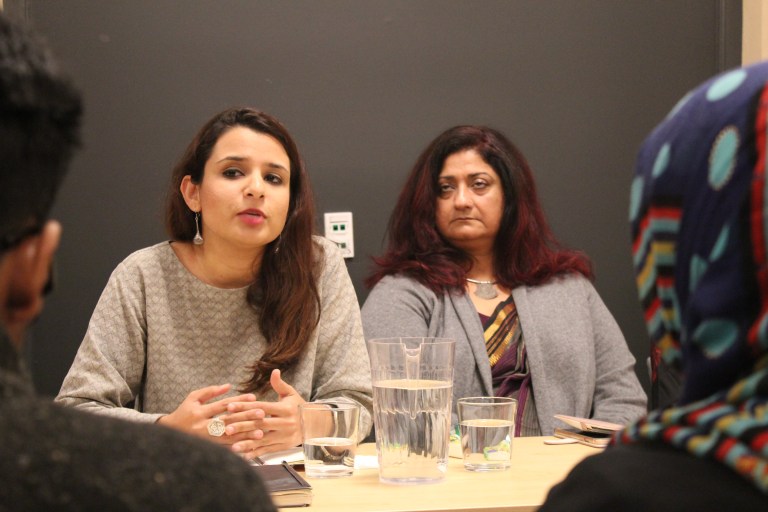Three Kashmiri academics and a civil rights activist discussed the Kashmiri crisis during a Wednesday evening talk in Encina Commons. The panel, hosted by the Stanford South Asian Society, was moderated by Kashmiri student Muskan Shafat ’21. The creation of the panel was motivated by India’s decision on August 5 to revoke Kashmir’s special legal status, blocking communications and deploying thousands of troops to the region.
A disputed territory between India and Pakistan, Kashmir is the most heavily-militarized region in the world. The members of the panel universally called India’s actions a “siege” and a continuation of a colonial occupation that had occurred since 1947.
The panel mainly focused on the current crisis in Kashmir, the human rights violations committed by the Indian government and military and Kashmiri aspirations for independence. According to Hafsa Kanjwal, a historian at Lafayette College, Kashmiris believe themselves to remain under colonial rule, and the latest action by India has created fears that it would lead to settler colonialism and ethnic cleansing. The panelists called out the use of rape as a weapon of war, assaults and murders committed predominantly by the Indian military, and lack of legal recourse for Kashmiri victims.
Protestors opposing Kashmir’s independence were present both indoors and outside the event. The panel was interrupted repeatedly by several members of the audience. Protestors outside the event passed out documents with the inaccurate and inflammatory claims that the panelists were associated with terrorist organizations or apologists for terrorists.
Commenting on the protestors, activist and panelist Ammad Wajahat Rafiqi, asked, “Why is that when Kashmiri voices speak, people show up not to listen, but to actually fight back? Why are Kashmiri voices so dangerous?”
But the largest clash came towards the end of the event, when the panelists discussed Kashmiri movements for independence. Huma Dar, whose research centers on the representation of Muslims and Islam in Indian cinema and literature, pointed out that George Washington and Nelson Mandela were also, at some points in history, called terrorists. This was in response to protestors characterizing Kashmiris fighting for independence as jihadists or terrorists.
Shafat said she was unsurprised by the controversy. As she was raised in Kashmir and has family members she has been unable to contact since the crackdown, her goal for the event was to highlight Kashmiri voices.
“For 101 days today, Kashmiris have seen our voices crippled,” Shafat said. “This is not going to be the only panel. We will have a neutral panel.”
The panel ended with calls for resolution — between Kashmiri Muslims and Hindus and between India and Pakistan.
“I think that the only way we can think about this region, the way forward, is demilitarize, decolonize the area,” said Ather Zia, an anthropologist at the University of Colorado Boulder. “Give the area a rest. And think about self-determination, with the option of independence.”
Contact Jean Yi at jeanyi ‘at’ stanford.edu.
